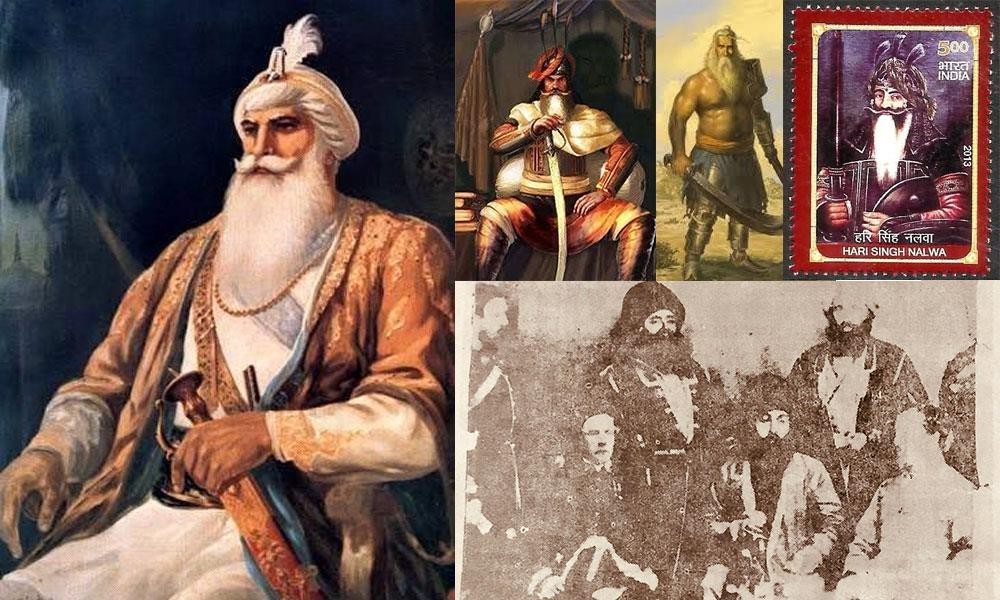General Hari Singh Nalwa Girls Hostel
To meet the residential needs of students from outside Delhi, the college has established the General Hari Singh Nalwa Girls Hostel, named in honor of the legendary Sikh warrior and commander-in-chief of the Khalsa Fauj. Located in the college campus, the hostel provides safe, comfortable, and well-equipped accommodation to 210 undergraduate female students in 70 shared rooms.
Each room is furnished with essential amenities including wardrobes, study tables, chairs, cots with mattresses, dressing table, and ceiling fans with air conditioning. Admission is open to undergraduate and post graduate female students enrolled in regular courses at the college. Preference is given to students from outside the National Capital Region.
The hostel operates under strict guidelines to ensure discipline and timely occupancy aligned with the academic calendar. A dedicated Hostel Committee oversees the smooth functioning and welfare of the residents.
Mata Gujri Girls Hostel
In response to the growing number of female students from outside Delhi, Sri Guru Tegh Bahadur Khalsa College decided to establish hostel facilities in 2012. The hostel, named after the Sikh martyr Mata Gujri Ji, is situated in the vicinity of college campus and accommodates 147 undergraduate female students.
Inaugurated in 2012 by Kapil Sibal, the then Minister of Human Resource Development, the hostel began operations under the wardenship of Prof. Surinder Kaur. The facility boasts a solar-powered rooftop and features 49 rooms, each equipped with air conditioning and attached washrooms. Each room accommodates three students, offering personal study desks, wardrobes, and beds for each occupant.
Mata Gujri Ji, the wife of Sri Guru Tegh Bahadur Sahib (the Ninth Guru) and mother of the fearless saint-soldier Sri Guru Gobind Singh, stands as a symbol of compassion, commitment, and unwavering faith. She is also the grandmother of the martyred Sahibzadas – Ajit Singh, Jujhar Singh, Zorawar Singh, and Fateh Singh. Known for her courage and strength, Mata Gujri Ji played a significant role during the turbulent period from 1650 to 1705 in opposing the tyranny of India's rulers. Like her husband, Guru Tegh Bahadur Sahib, Mata Gujri Ji stood firmly for social justice and an egalitarian society, refusing to accept authoritarianism. Her life story continues to inspire and guide the younger generation.
In addition to the various facilities provided, the hostel ensures that students enjoy a comfortable and pleasant stay, with a strong focus on their well-being and happiness.










